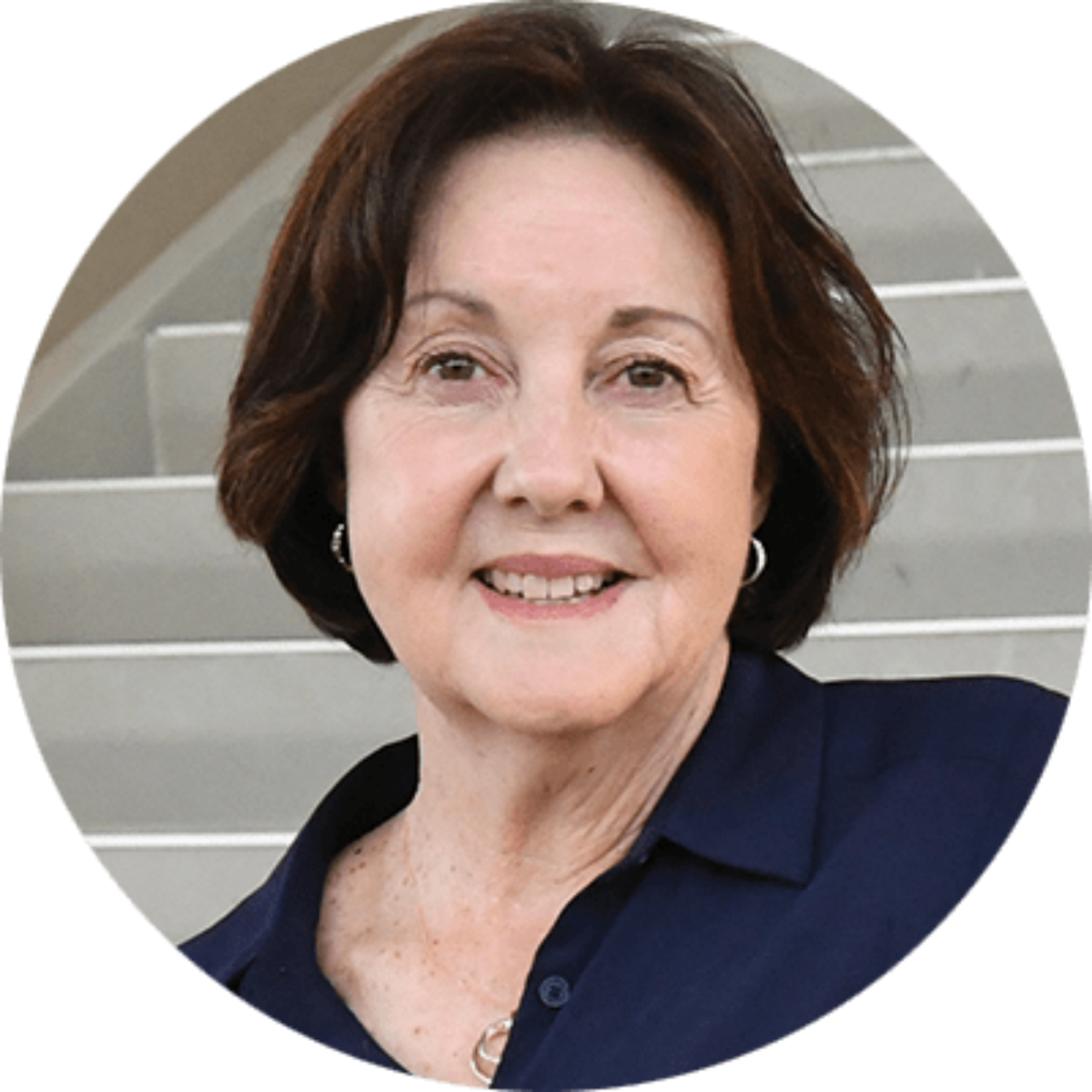Support for the aged care workforce has been sadly neglected. Poor wages and poor working conditions have been compounded by insufficient uptake of technological advances and innovative practices across the sector, resulting in a crisis of care within Australia’s ever-growing aged care sector.
But that’s set to change. The federal government has commissioned Flinders University and collaborating partner Wells Advisory to develop the structure for the Aged Care Centre for Growth and Translational Research – a $34 million, federally funded three-year initiative which will provide a significant boost for the troubled sector by focusing on its workforce and dealing directly with its varied needs to implement better care.
Statistics reveal glaring problems within the aged care workforce. In 2020, 29% of staff left the sector, compared with national averages of 7.5% departure rates in other workforce sectors.
“It’s a very distressed sector,” explains Professor Sue Gordon, Professor of Healthy Ageing at Flinders University. “Many staff transferred from aged care to the disability sector, which pays more for the same skills. Career pathways are not readily available, so advancement is difficult.”
Having established the structure, Flinders aspires to lead the new Centre with the aim of delivering a breakthrough for the quality of aged care by providing direct workforce interaction and training. With the Flinders bid supported by 73 aged care sector participants, including providers of 25% of all residential aged care beds in Australia, it would have a strong platform to influence significant change.
“We have many wonderful areas of innovation within aged care in Australia, but it’s piecemeal. Best practices need to be adopted that are scalable and transferable across the nation,” explains Professor Gordon. “This will improve the consistency of care, which the sector has had difficulty achieving.”
Problems were highlighted by the important 2018 Australian Department of Health report A Matter of Care, that mapped an aged care workforce strategy (including the creation of a Centre for Growth and Translational Research among its 14 recommendations), but the needs were greatly magnified by the 2020 Royal Commission into Aged Care Quality and Safety. Professor Gordon is delighted that there will soon be a Centre able to support the workforce to implement swift change within the aged care sector.
“Statistics reveal glaring problems within the aged care workforce. In 2020, 29% of staff left the sector, compared with national averages of 7.5% departure rates in other workforce sectors.”
“The proposed industry-facing model is designed to support aged care organisations that recognise they have problems. It will provide the aged care sector with capability-building resources and solutions that support aged care workers to deliver better quality care.”
Much of Professor Gordon’s research has been implemented locally by ACH Group, a not-for-profit community and residential aged care service provider, which co-funds her position. This has included easy-to-use technology packages that make people feel safer at home, developing age-friendly dining options, prefrailty assessments and evaluating simulation programs to help aged care workers understand the experience of dementia.
Another valuable study is assessing student attitudes towards working with older people, to better inform how effective student placements in aged care should proceed.
Professor Gordon laments that so much research evidence that could support provision of better quality aged care has been left to gather dust on shelves, with research taking an average of 17 years to be translated into practice - and only about 14% ever getting fully implemented. The proposed Centre will significantly improve the capability of the aged care workforce to translate research findings into practice.
As well the Centre will concentrate on assisting the aged care workforce to adopt technology. “Many aged care facilities aren’t digitally mature; quite a lot are still paper-based,” Professor Gordon says.
“If the workforce is supported to adopt new time saving technologies such as digital systems, it will provide the staff with more time to provide actual care. And that, of course, is the ultimate goal.”
You may be interested in
BRAVE MINDS
Discover how Flinders is making a difference to our culture, economy, environment society and world.
Subscribe to Flinders research
Sign up to get updates on upcoming events, news and more.
I consent to the collection, processing and disclosure of the personal information submitted in accordance with the Flinders University Privacy Policy.
![]()
Sturt Rd, Bedford Park
South Australia 5042
South Australia | Northern Territory
Global | Online




